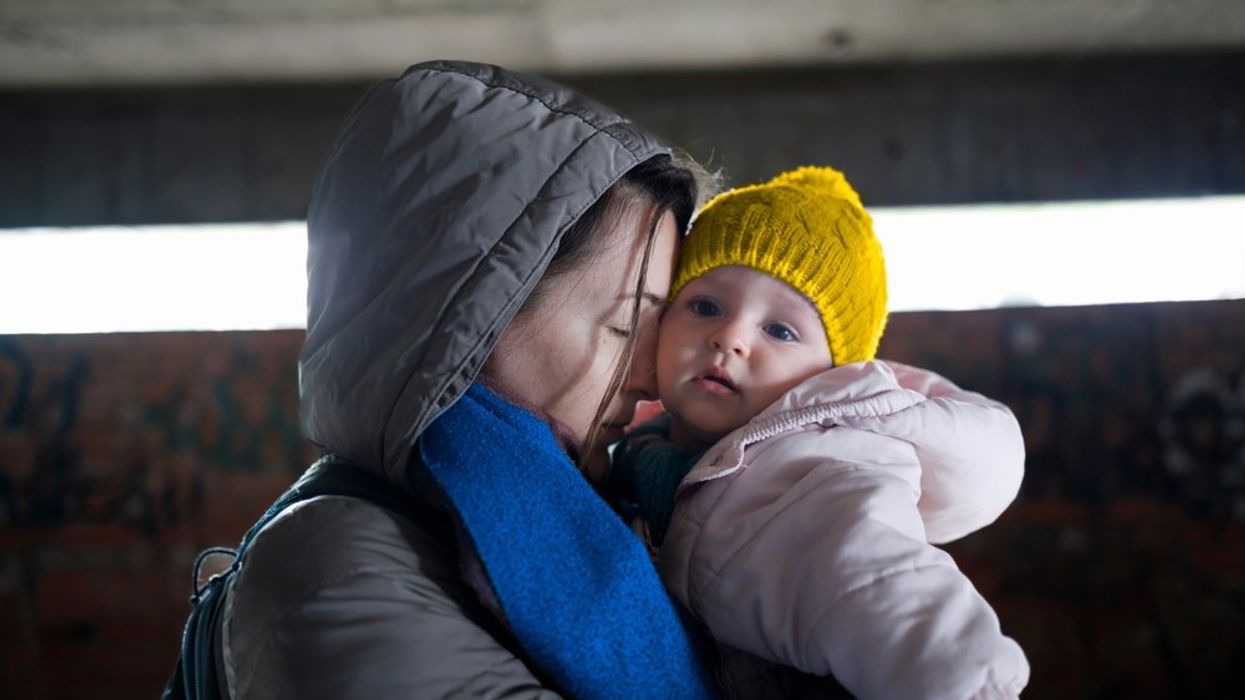The number of internally displaced people reached a record high last year, according to new data.
A report from the Internal Displacement Monitoring Centre (IDMC) published Thursday found that 71.1 million worldwide faced displacement in 2022, a 20 percent increase from 2021.
Among those displaced, three-quarters live in just ten countries, all of which have seen conflict and violence: Syria, Afghanistan, the Democratic Republic of the Congo (DRC), Ukraine, Colombia, Ethiopia, Yemen, Nigeria, Somalia, and Sudan
Ukraine alone accounted for 17 million displacements out of the 28.3 million internal displacements from conflict and violence — which is three times higher than the national average.
"Conflict, disasters, and the continued effects of the Covid-19 pandemic combined to aggravate people’s pre-existing vulnerabilities and inequalities. The war in Ukraine made everything even worse," Jan Egeland, Secretary-General of the Norwegian Refugee Council, wrote in the report's forward. "And it all fueled a global food security crisis that hit the poorest and most vulnerable, including internally displaced people hardest."
Egeland said that the "perfect storm" of natural disasters and violence "undermined years of progress made in reducing global hunger and malnutrition." The majority of displacements last year — 32.6 million — were caused by disasters including floods, droughts, and landslides.
Natural disasters have been exacerbated in recent years due to rising global temperatures, which have contributed to more intense storms. This has been a major proponent of food insecurity, which the report called on world leaders to work to combat.
"We should continue to invest in and improve initiatives that support their resilience to shocks via anticipatory action and risk reduction measures," the report reads. "Doing so through a development lens would help to tackle the underlying drivers of displacement including poverty, inequality and climate change. Examples of good practice from around the world already exist, and they bring hope that such solutions are achievable."



















































